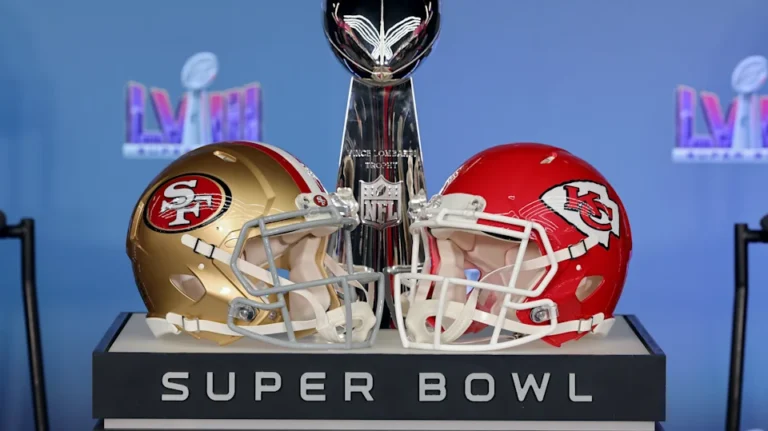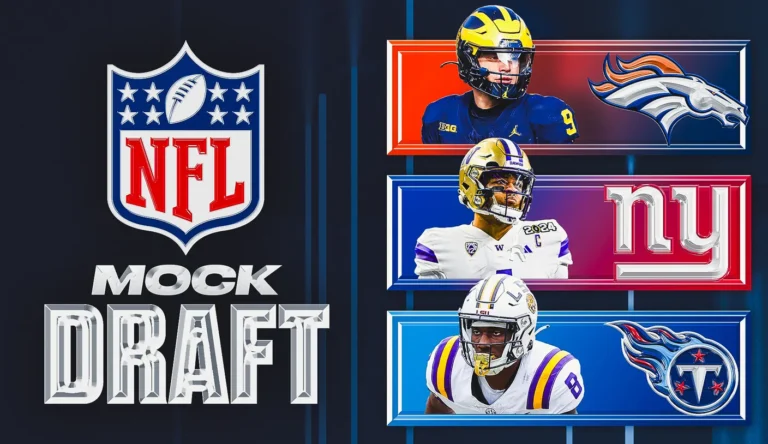The Business Secrets Behind Owning a Successful Sports Franchise
Introduction to Sports Franchise Ownership
Owning a sports franchise is more than just a business endeavor; it’s a lifelong passion for many. For instance, David Adelman, a co-owner of the Philadelphia 76ers, offers a fascinating perspective on managing and growing a successful sports team. His insights into the dynamics of team ownership provide valuable lessons for aspiring sports franchise owners. Owning a sports team means more than throwing money into a venture; it involves strategic planning, community engagement, and fostering a winning culture both on and off the field.
This section delves into the allure of owning a sports team and covers the initial steps to get started. Understanding the commitment, passion, and strategy required immediately is essential. Owning a sports franchise is a thrilling endeavor that combines business acumen with a love for the game. Knowing what to expect and how to prepare can set up new owners for success.
Strategic Planning for Sports Franchises
Strategic planning is the cornerstone of any successful sports franchise. It involves setting long-term goals, creating short-term objectives, and adapting to the ever-changing sports landscape. The NBA, for example, meticulously drafts its strategic plan to outline its vision and mission. This ensures that all aspects of the franchise are coordinated to achieve common goals, from winning championships to community outreach programs.
Short-Term Objectives
In any sports franchise, focusing on immediate goals can lead to incremental success. These may include improving team performance, increasing ticket sales, or enhancing fan experience. Short-term objectives act as stepping stones that build up toward more substantial achievements. For instance, increasing game attendance could involve promotional events and discounted ticket pricing, boosting revenue in the short run and building long-term fan loyalty.
Long-Term Vision
A long-term vision allows a sports franchise to align efforts toward a common objective. Setting benchmarks such as achieving a championship title or building a state-of-the-art arena are examples of long-term goals. This alignment ensures that everyone, from the management to the players, is working towards a unified objective. A well-conceived long-term vision helps make consistent, strategic decisions rather than reactive, short-sighted ones. Achieving these long-term goals often requires substantial investment but can yield significant returns, both financially and in terms of brand equity.
Building a Winning Team
The backbone of any franchise is its team. From scouting talent to making shrewd trades, building a winning team involves art and science. Scouting departments work tirelessly to find and recruit promising talent. The right mix of veterans and young players can provide stability and energy to the team. Additionally, ensuring a strong team culture is crucial. A cohesive unit that understands and complements each other’s strengths can significantly outperform a group of individual stars. The synergy within the team often translates to better performance on the field, making chemistry as important as skill.
Financial Management in Sports Franchises
Effective financial management can make or break a sports team. Budgeting, revenue streams, and maintaining a healthy financial state are pivotal. Financial difficulties can lead to poor performance, dissatisfied fans, and a failing franchise. Smart budgeting and prudent financial decisions are essential for long-term sustainability.
Budgeting
Budgeting involves planning for both short-term expenditures and long-term investments. Spending wisely and investing in assets that will yield high returns is essential. The budget should allocate resources for player salaries, facilities, marketing, and community programs. Proper budgeting ensures the franchise operates within its means while pursuing long-term growth opportunities.
Revenue Streams
Diversifying revenue streams is critical. This can include ticket sales, merchandise, broadcast rights, and sponsorship deals. Multiple revenue streams provide economic stability and reduce dependency on any single income source. Adequate revenue diversification involves constantly exploring new avenues for income while maximizing existing ones.
Marketing and Fan Engagement
Engaging with fans is crucial for any sports franchise. A dedicated fan base boosts revenue and creates a vibrant community around the team. Different marketing strategies, such as social media campaigns and events, can significantly enhance fan engagement. Successful marketing connects emotionally with fans, making them feel like an integral part of the team’s journey.
Advanced Marketing Strategies
Implementing advanced marketing strategies, such as targeted advertising and data analytics, can help reach the right audience. Real-time engagement through social media also strengthens the fan-team relationship. Advanced marketing techniques allow franchises to tailor their outreach efforts, ensuring the right message reaches the right people at the right time, maximizing impact.
Fan Loyalty Programs
Creating loyalty programs that offer perks and merchandise can turn casual fans into lifelong supporters. These programs make fans feel valued and appreciated, thereby fostering a sense of community. Loyalty programs can include special member-only events, exclusive merchandise, and other perks that provide added value. This emotional connection often translates into long-term loyalty and increased revenue.
Conclusion
Owning a successful sports franchise requires a blend of passion, strategic planning, and effective management. Each component plays a significant role in building a winning team, engaging fans, and maintaining ethical standards. As technology and fan behaviors evolve, staying adaptable is critical to long-term success. By focusing on strategic planning, financial management, and fan engagement, franchise owners can navigate the challenges and seize opportunities in this dynamic industry.
Did you find this article helpful? Check out the rest of our blog.







